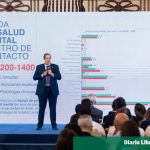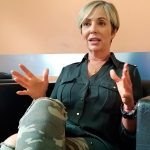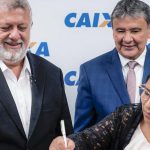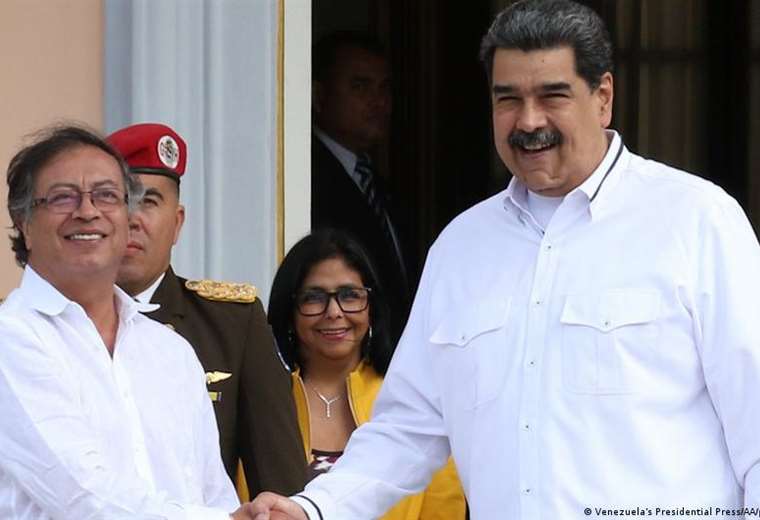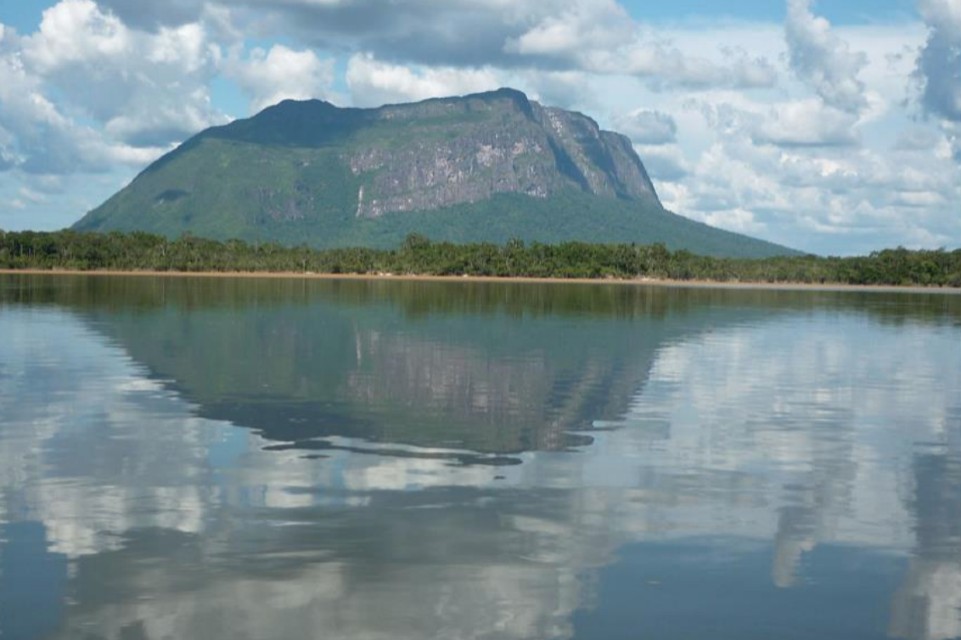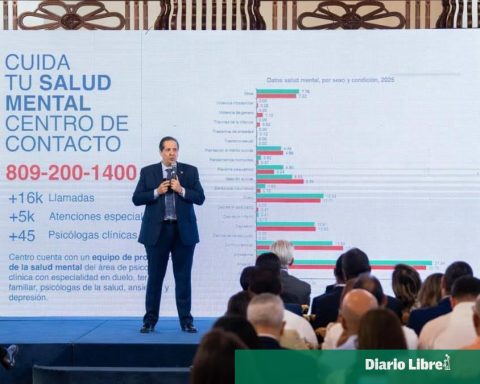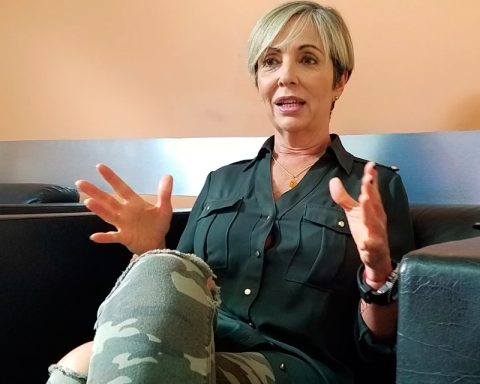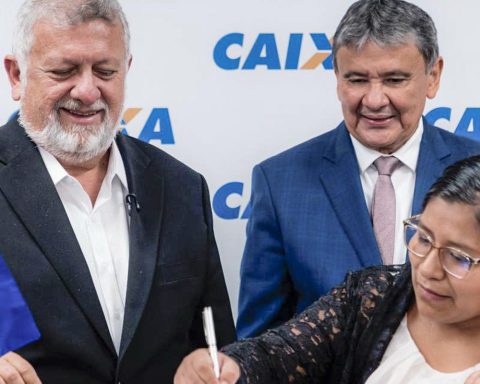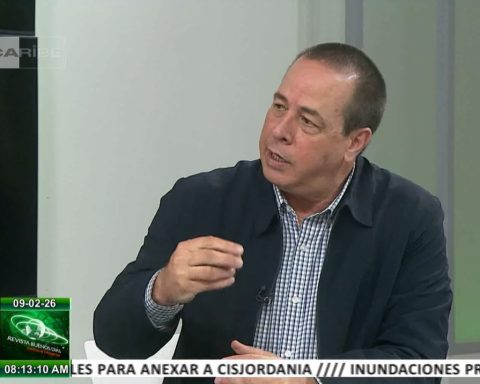President Alberto Fernández will face an intense foreign agenda in the coming days with state visits to Argentina, first by the German Chancellor, Olaf Scholz, and then by the new president of Brazil, Luiz Inácio Lula Da Silva, and which will include In addition, as a central point, the VII Summit of Heads of State and Government of the Community of Latin American and Caribbean States (Celac), to which the presidents of the United States, Joe Biden, were specially invited; and from China, Xi Jinping.
The Government thus begins 2023 with a bulky agenda implemented by the Foreign Ministry led by Santiago Cafiero, which will also add the arrival in the country of the Japanese Foreign Minister, Hayashi Yoshimasa.
Fernández will receive Scholz at the Casa Rosada at the end of January, who will arrive as part of a tour that will take him to Brazil and Chile first and that will serve to analyze the possibilities of expanding bilateral trade, the flow of investment and financing in various projectssources from the San Martín Palace informed Télam.
The visit of the German chancellor was announced last Thursday at a press conference by the presidential spokesperson, Gabriela Cerruti.
Scholz -who will remain in the country for two days (January 30 and 31)- will arrive in Buenos Aires accompanied by a large delegation made up of collaborators, businessmen from different sectors and German journalists who will cover his trip through South America.
This will be the third time that Fernández will meet with Scholz, after the meetings they held in May and June 2022 in Germany, in which they analyzed the impact of the war in Ukraine on production, distribution and the global food market. , and where they also discussed the climate change agenda, food and energy security.
Within the framework of the G7, which Fernández attended as a speaker, Scholz had remarked that “it is good to know that in these times with Argentina we have a reliable partner in Latin America”, and thanked Fernández “for the determination with which Argentina supported the condemns Russia in international forums”.
Both countries maintain an “excellent link and promote agendas that highlight multilateralism and dialogue as key tools, with shared visions on different issues,” they highlighted before this agency from the portfolio led by Cafiero.
Germany – Argentina’s main trading partner in the European Union – is interested in Argentina’s potential for the development and export of both gas and green hydrogen energygenerated from renewable energy such as solar or wind.
As indicated, both governments are seeking to reinvigorate the “complementarity” of their economies, mainly in sectors such as agribusiness, manufacturing, energy, hydrocarbons, and infrastructure.
Before Scholz, the Japanese Foreign Minister, Hayashi Yoshimasa, will visit Argentina, also as part of a tour that includes other countries in the region.
Yoshimasa, who will arrive in Buenos Aires on January 10, will hold a bilateral meeting with Cafiero within the framework of the 125th anniversary of the establishment of diplomatic relations between Argentina and Japan, an opportunity in which they will seek to deepen the bilateral agenda and evaluate positions in areas multilateral.
It is not ruled out that the Japanese foreign minister will also be received at the Casa Rosada by Fernández.
The Argentine government hopes that Yoshimasa’s visit will help “continue working on the strategic association” and will help both administrations explore the “possibility of advancing towards a global strategic association, as it maintains with Brazil and Mexico, keeping in mind the common values, growing cooperation and exchange of visions” on the global context, the sources specified.
The bilateral agenda includes cooperation in the peaceful uses of nuclear energy and in satellite matters.
Lula: what was promised is debt
A special chapter, due to closeness and political harmony, will be for the Government the arrival in the country, on January 23, of Lula Da Silva, in what will be the first state visit of the leader of the Workers’ Party (PT) since his assumption at the head of the Planalto Palace, and which will mean the formal relaunch of the strategic bilateral relationship with Argentina’s main trading partner in Mercosur.
Fernández and Lula will have a working meeting at Balcarce 50, which will include the signing of agreements already outlined in the meeting that both leaders held in Brasilia, on January 1, after the inauguration of the president of Brazil.
Fernández and Lula will have a working meeting at Balcarce 50, which will include the signing of agreements already outlined in the meeting that both leaders held in Brasilia, on January 1, after the inauguration of the president of Brazil
“Because of the affection that Lula feels for our President” a great binational agreement will be achieved in financial, energy, agro-industry, culture, infrastructure and tourism,” the Argentine ambassador in Brasilia announced days ago in statements to the press. , Daniel Scioli.
The return of Lula to the Planalto means for the Government the restoration of the Brasilia-Buenos Aires tandem as a basis for regional integrationwhich will also add a favorable element to trade between the two countries and to the growth rate of Argentina.

In the Casa Rosada they trust that the positive effects of the greater political harmony between both administrations will be transferred to various levels, particularly in the economic sphere, but also in the positioning of the region in global debates, based on the relationship of trust built between the President and his Brazilian counterpart.
Fernández and Lula share a vision regarding promoting industrialization, import substitution, abandoning the primary model that Mercosur and the region had at this time, and advancing in productive chains where value is added.
Fernández and Lula share a vision regarding promoting industrialization, import substitution, abandoning the primary model that Mercosur and the region had at this time
Another strong point of the Government’s foreign agenda will be the Celac Summit, which will take place on January 24 at the Sheraton Buenos Aires Hotel.
The meeting will convene the leaders, foreign ministers and representatives of the 33 member countries of the regional mechanism, whose Pro Tempore Presidency is in the hands of Argentina, as well as observers from different regional and multilateral organizations and their representatives.
Argentina seeks to strengthen Celac as a “multilateral” area for global dialoguesaid Cerruti in relation to Fernández’s decision to invite Biden and Xi Jinping to the summit, who have not yet confirmed their attendance at the meeting that will have the participation of Lula as its main course, in what will be the return of Brazil to the bloc of the who had been temporarily excluded by decision of his predecessor, Jair Bolsonaro.








